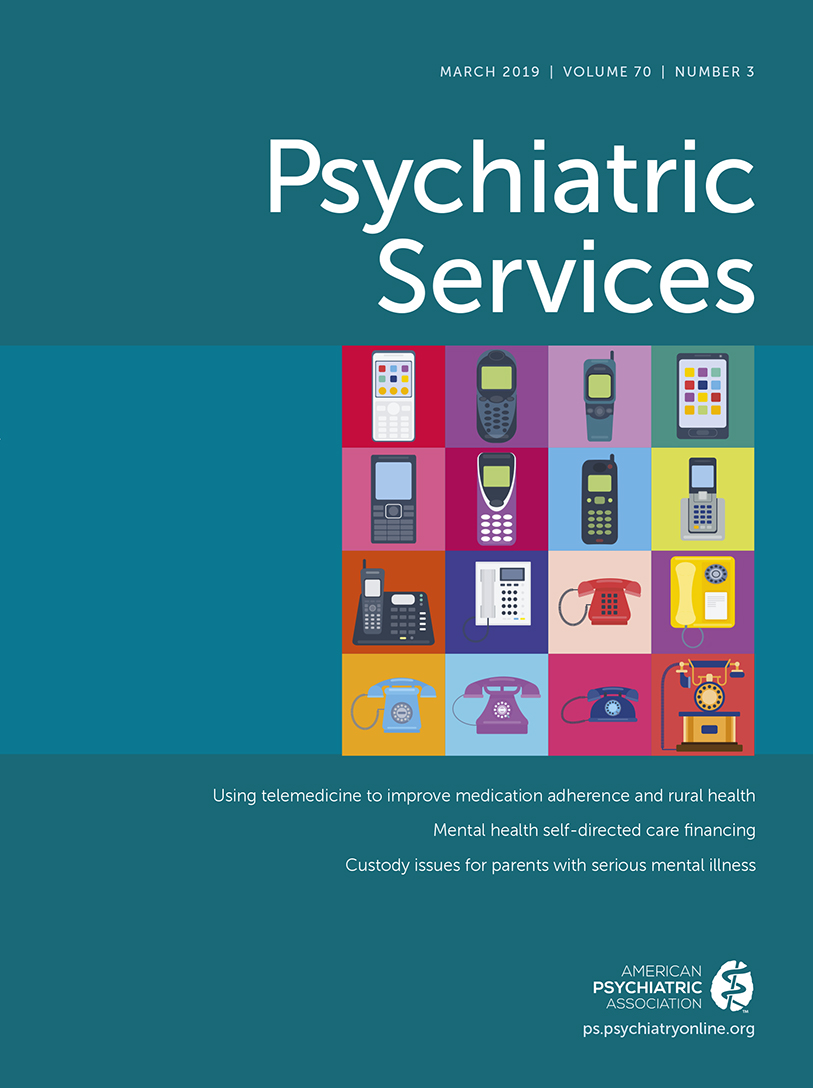Improving Medication Adherence With Telemedicine for Adults With Severe Mental Illness
Abstract
Objective:
The study evaluated a telephone call and text message intervention to improve adherence to medication among patients with severe mental illness.
Methods:
A randomized clinical trial was conducted, and outpatients with schizophrenia or bipolar disorder were assigned to the intervention group or to a usual care control group. The intervention was provided by trained nurses. Medication adherence was measured with the Medication Adherence Report Scale.
Results:
The study sample comprised 120 participants. Logistic regression analysis showed that intervention group participants were significantly more likely than control group participants to be medication adherent at 6 months (odds ratio=4.11, p=.007). The superiority of the intervention emerged during months 4 to 6. Social desirability, diagnosis, and medication did not affect the results.
Conclusions:
Telemedicine via telephone can deliver low-threshold support to patients who are otherwise at high risk of progressive nonadherence to their psychotropic medication after 6 months.



